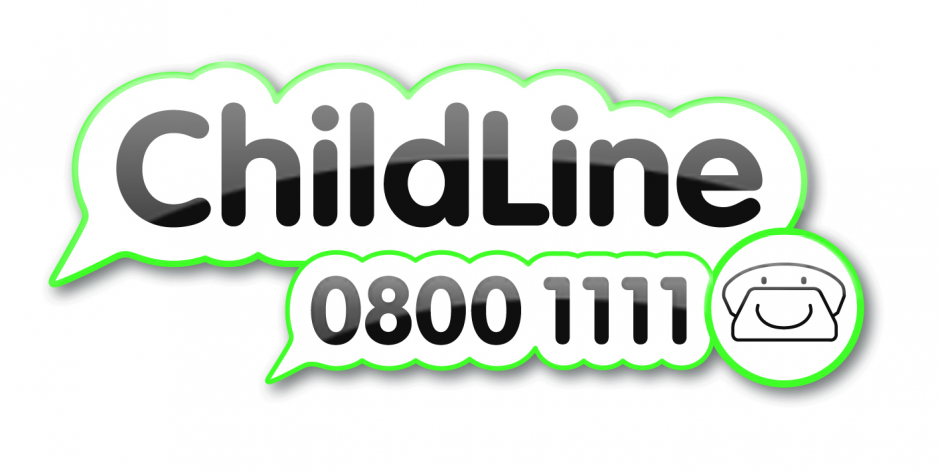Safeguarding - Diogelu
Information for Pupils
Child abuse can mean a lot of different things such as neglect, physical, emotional or sexual abuse – it’s not always easy to know if you or someone you know is being abused. But the important thing to remember is that no-one has the right to hurt you or make you do anything that feels wrong.
It is important to remember that if you or someone that you know is being abused in any way, then the most important thing to do is talk to somebody about it.
There are people that you can talk to at any time. At Haverfordwest High VC School you can speak to Mrs Tracy Edwards who is the school’s Designated Senior Person for safeguarding, Mr Jon Dodd, who is the Deputy Designated Senior Person for safeguarding or Miss Caroline Thomas the school’s Pupil Welfare and Safeguarding Manager. You can also contact Social Services at Pembrokeshire’s Child Care Assessment Team on 01437 776444 or the Contact Centre on 01437 764551 or out of hours on 0300 333 2222, or call the Police if you or somebody you know is in direct danger. There are also websites that can help you find out more. For further information you can go to www.childline.org.uk or ring them on 0800 1111 or the NSPCC at www.nspcc.org.uk or telephone 0808 800 5000.Information for Parents or Carers
Parents/Carers should be aware that schools have a responsibility to ensure the safety and well-being of all pupils.
On 1 September 2006, Section 175 of the Education Act 2002 came into effect. This introduced a duty on local authorities and the governing bodies of maintained schools to have arrangements in place to ensure they safeguard children and that such arrangements take account of guidance issued by the Welsh Government.
Our school has adopted the Local Authority Child Protection Policy and Procedures for Schools which is governed by the All Wales Child Protection Procedures 2008. This policy can be viewed at the school, on request.
What does this mean for parents/carers in practice?
Where a professional has a concern about a child, they will, if possible, seek to discuss this with the family and seek their agreement to making a referral to Social Services. Sometimes this may not be possible (eg: if it is felt there is increased risk to the child in speaking to the family). Advice on such matters will be provided by the local Social Services Department in consultation, where appropriate, with the Police. The school will always be working in the best interests of the child.
A member of the safeguarding team at the school should clarify with these statutory agencies, when, how and by whom the parents or carers will be told about any referral. They should also seek advice as to whether or not the child should be told of the process.
In the event of a referral being made to Social Services or the Police, the school may then be involved in any child protection enquiry or police investigation in relation to the child’s welfare and educational progress.
The school will try to work with parents/carers regarding the welfare of their child and remain impartial if their child is being or has been referred.
What support is there for parents/carers?
As a parent or carer you may sometimes feel alone, but there is usually somebody you can talk to. Caring for children is not always easy and if you are struggling to cope you may need to ask for help and support to protect your child. Talking to someone can not only make you feel better, it can also help with the problem. You may find it easier to talk to a professional you know like a teacher or a doctor, who should be able to do something to help. Alternatively there are special organisations that are there to help you when you need support.
SNAP Cymru offer advice and support to families to work in partnership with schools and other agencies in the best interest of their child.
Helpline 0808 801 0608 Mon – Fri 09:30 – 16:30 e-mail: enquiries@snapcymru.org
You may find the following helpful:
- make time to talk and listen to your child;
- familiarise yourself with your child’s friends and routine;
- be sensitive to changes in behaviour;
- teach your child to feel confident to refuse to do anything they feel is wrong;
- be aware of your child’s use of the internet and mobile phone to ensure they do not place themselves at risk.
What about if your child needs help to have their voice heard?
Children sometimes need the help and support of an advocate to:
- Get something to happen
- Get something to change
- Get something to stop
Tros Gynnal is an independent advocacy agency which is there to help those children and to make sure that they have their rights respected and have their voices heard.
Other useful telephone numbers:

